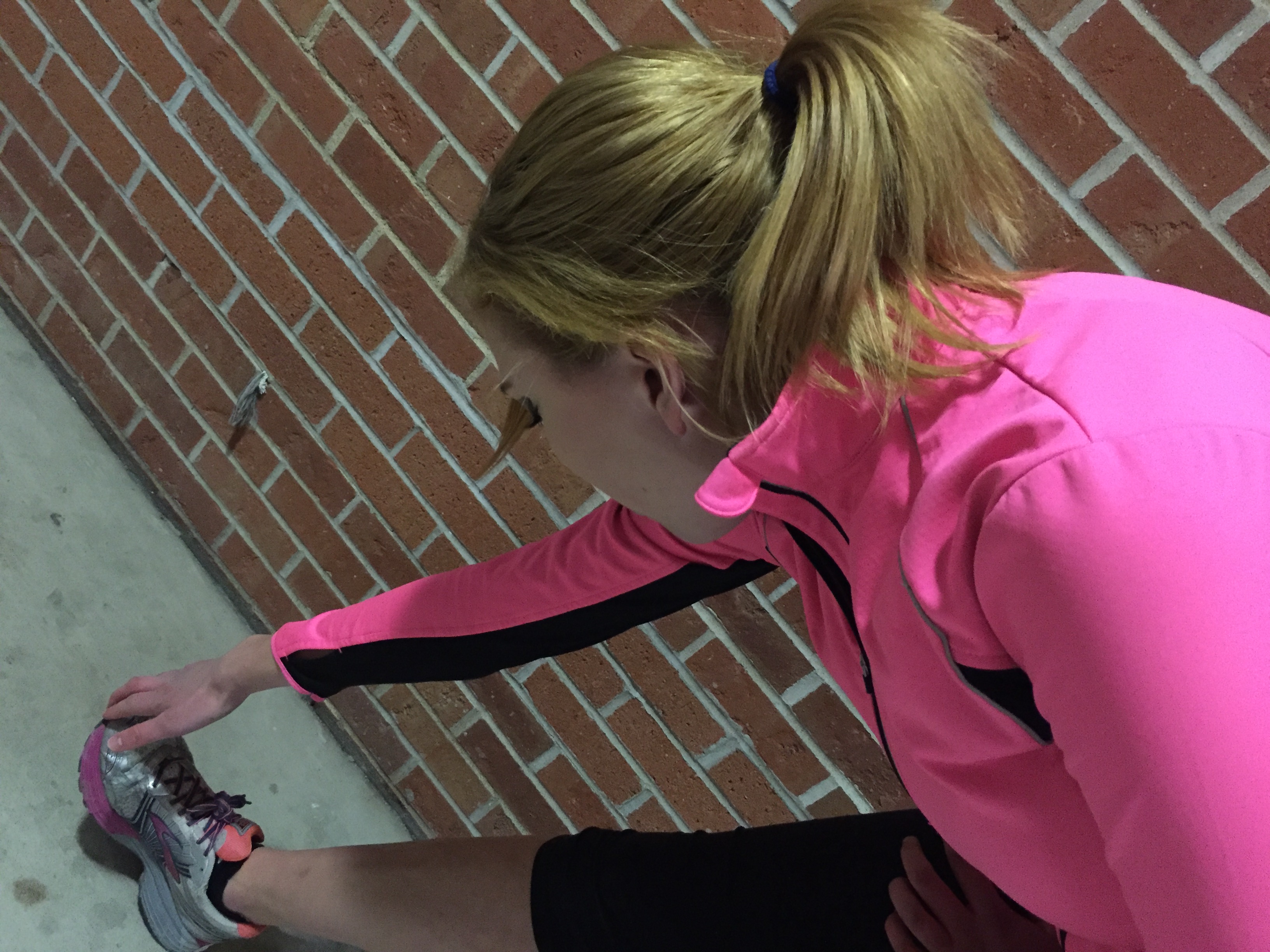
An exercise science class is offering personal training to volunteer practice clients this semester to give students the chance to gain real-world experience.
ES 445: Assessment and Prescription I is a four-credit course that gives personal training to staff, faculty, graduate students and members of the community. Because of time commitment concerns, undergraduate students are not allowed to register as clients. The program is free for all volunteer clients, though there is a charge for an optional bone density test. The students hope to develop their understanding of personal training by creating specific exercise prescriptions for each client.
Exercise science professor Evonne Bird, who is currently the professor in charge of the course, says while the program is not an exact representation of how a typical physical trainer works with clients, it still serves as an eye-opener for the students.
Bird says the students will meet with their practice clients once a week, setting goals and developing an exercise prescription. The first two meetings include a health risk assessment and fitness testing to ensure the practice clients are healthy enough to begin physical training. Then, Bird says there are four personal training sessions to check up on clients and update the exercise regimen to give clients the knowledge needed to continue their work at the end of the program.
“Many of the students are athletes, or they exercise a lot,” Bird says. “As exercise [science] majors you would expect that, so they have a certain level of exercise that they expect. Working with clients from a wide range of situations broadens their perspective, getting them to realize there’s a whole diverse population out there that still needs to be physically active.”
Bird says many students in the class hope to go on to be physical therapists, doctors or physical trainers. She says students also gain experience working with lab equipment during the fitness testing. Bird says if the client wants, students also will work with a bone density scan called the DEXA. The DEXA can diagnose bone loss, osteoporosis or risk of bone fractures, according to the U.S. National Library of Medicine.
The program relies on clients who will stay dedicated to participating, something students have not had to worry about yet. This reliance on commitment is why undergraduate students are not accepted as practice clients.
“I have not had a client yet that says ‘I’m done’ in the middle of the sessions,” Bird says. “[An undergraduate student] gets busy at finals or when finals are coming up. They don’t want to commit.”
Former practice client Gwen Perrachione says the experience she had as a participant was worthwhile. Perrachione says she worked with a team of three students to increase her flexibility.
“It was an excellent experience,” Perrachione says. “The kids were very professional with it and did what I asked. I could email them any time if I had a question.”
Perrachione says though it was difficult for her to work during the sessions and a half hour two days per week, she says she reached her goal. She says she would recommend the program because the students were very helpful and professional.
Anyone interested in enrolling in the class or volunteering as clients can email Bird at ebird@truman.edu.
